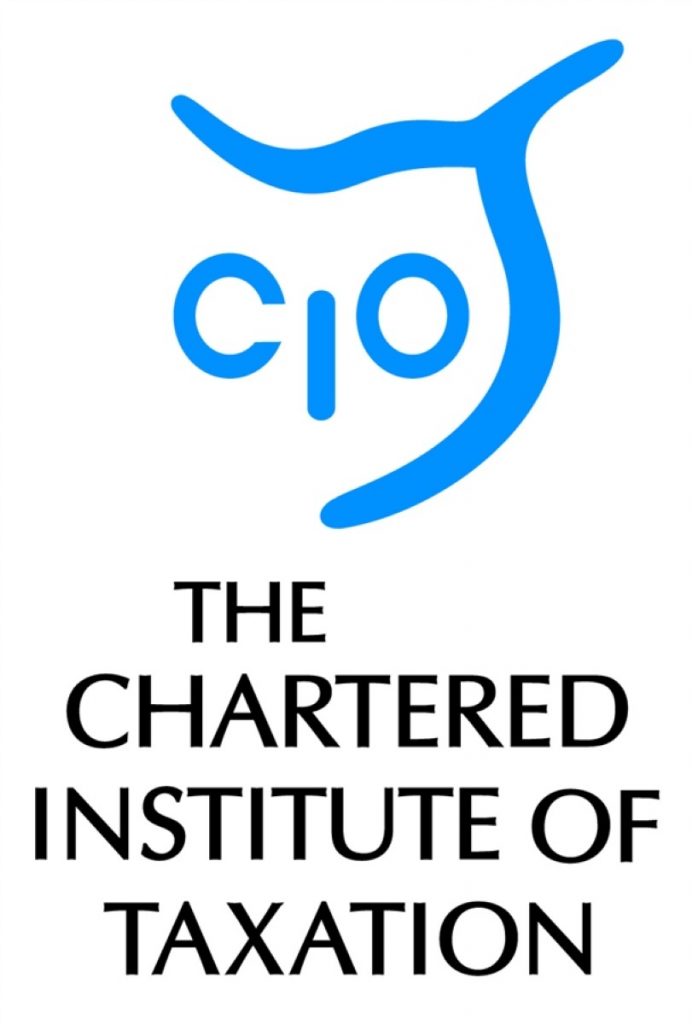CIOT: How do you define a first time buyer?
The Chancellor’s proposed stamp duty holiday for first time buyers on properties up to £250,000 will cause problems in practice, warns the Chartered Institute of Taxation (CIOT). The idea of a stamp duty holiday of first time buyers is not new but has in the past been dismissed because of the difficulties of defining a first time buyer.
John Whiting, Tax Policy Director at the CIOT said:
“The idea sounds good on the surface but runs the risk of there being complex definitions of first time buyer that cause anomalies and difficulties in practice. It has the hallmarks of a provision that has risks in it for the public and their professional advisers who will no doubt have to manage the uncertainties in the scheme.”
The CIOT raises questions as follows:
A newly-married couple are not a first time buyer if one has previously owned a flat… but what if the other spouse bought the house?
What of a divorcing couple who owned a property jointly – now they want to own in their own names, are they first time buyers?
Someone moving to the UK for the first time who has property abroad – are they a first time
(UK) buyer?
Someone who once owned a property but who has been renting for many years and, tempted by the Chancellor’s announcement decides to buy again… it seems they are not a first time buyer?
Notes to Editors
1) In his Budget speech, the Chancellor proposed a doubling of the current £125,000 stamp duty land tax threshold for two years from tonight, but only for ‘first time buyers’. BN25 says ‘the purchaser or all the purchasers must be first time buyers’.
2) The Chartered Institute of Taxation (CIOT) is a charity and the leading professional body in the United Kingdom concerned solely with taxation. The CIOT’s primary purpose is to promote education and study of the administration and practice of taxation. One of the key aims is to achieve a better, more efficient, tax system for all affected by it – taxpayers, advisers and the authorities.
The CIOT’s comments and recommendations on tax issues are made solely in order to achieve its primary purpose: it is politically neutral in its work. The CIOT will seek to draw on its members’ experience in private practice, government, commerce and industry and academia to argue and explain how public policy objectives (to the extent that these are clearly stated or can be discerned) can most effectively be achieved.
The CIOT’s 15,000 members have the practising title of ‘Chartered Tax Adviser’.
– ENDS –
George Crozier
External Relations Manager
D: +44 (0)20 7340 0569
M: +44 (0)7740 477374
The Chartered Institute of Taxation
Registered charity number 1037771
www.tax.org.uk





-01.png)